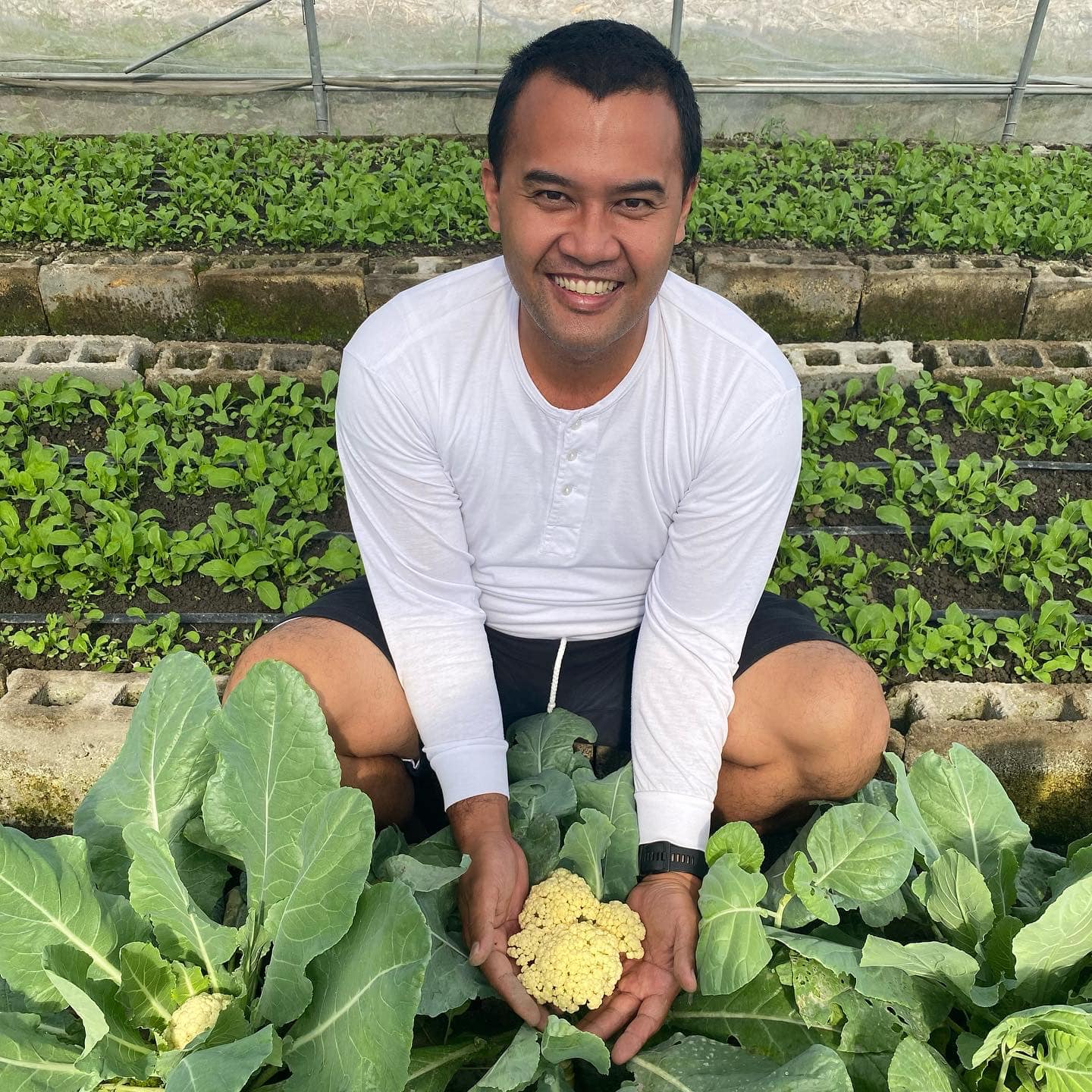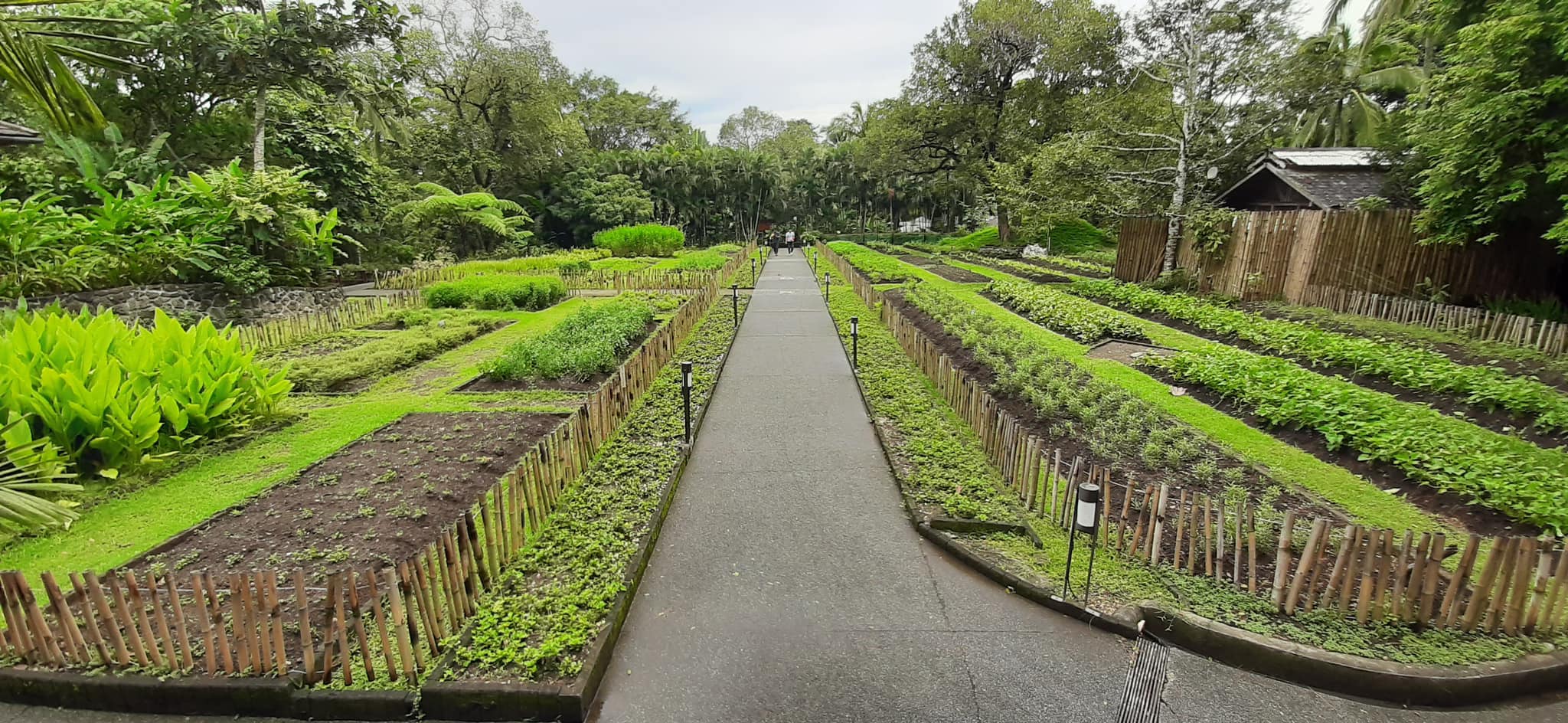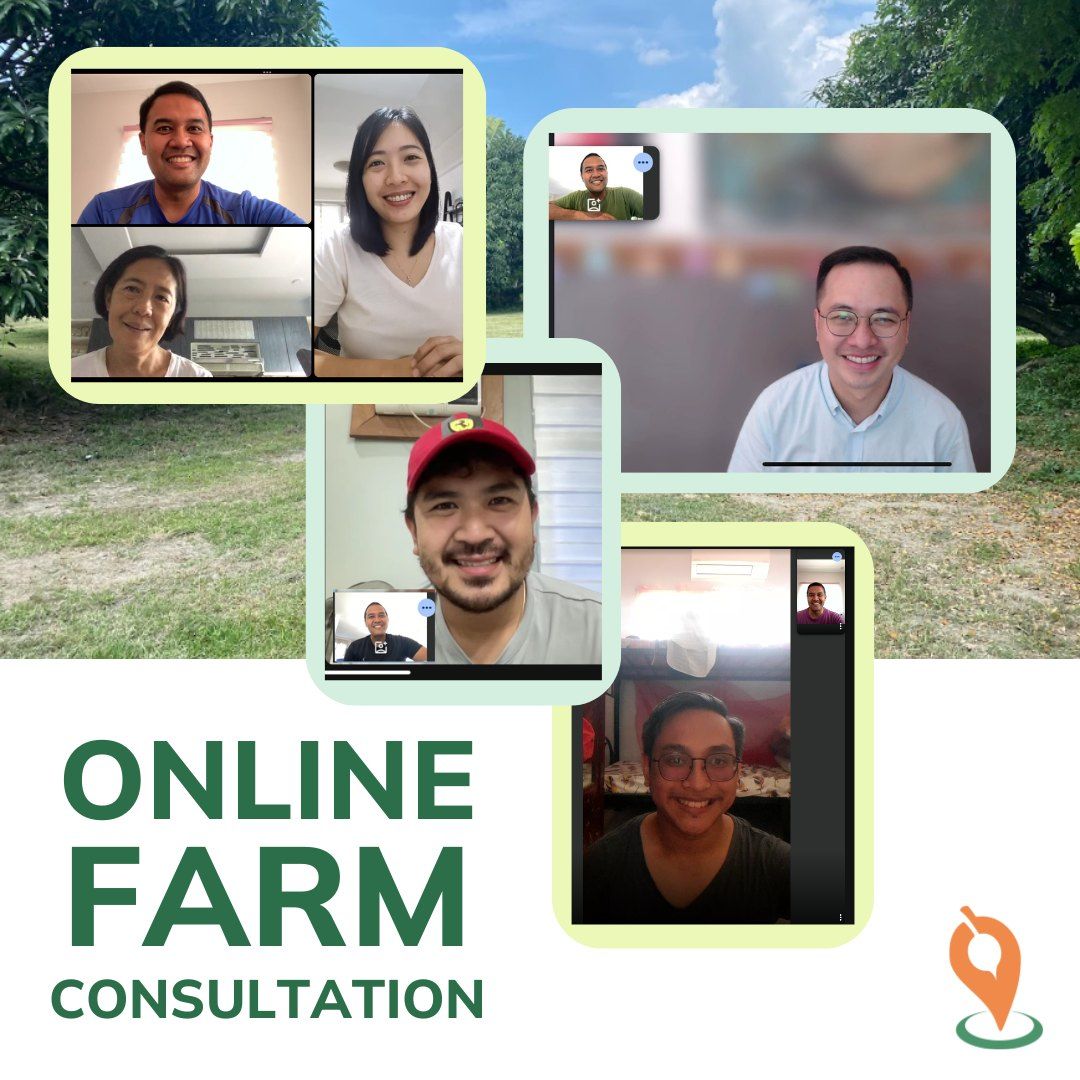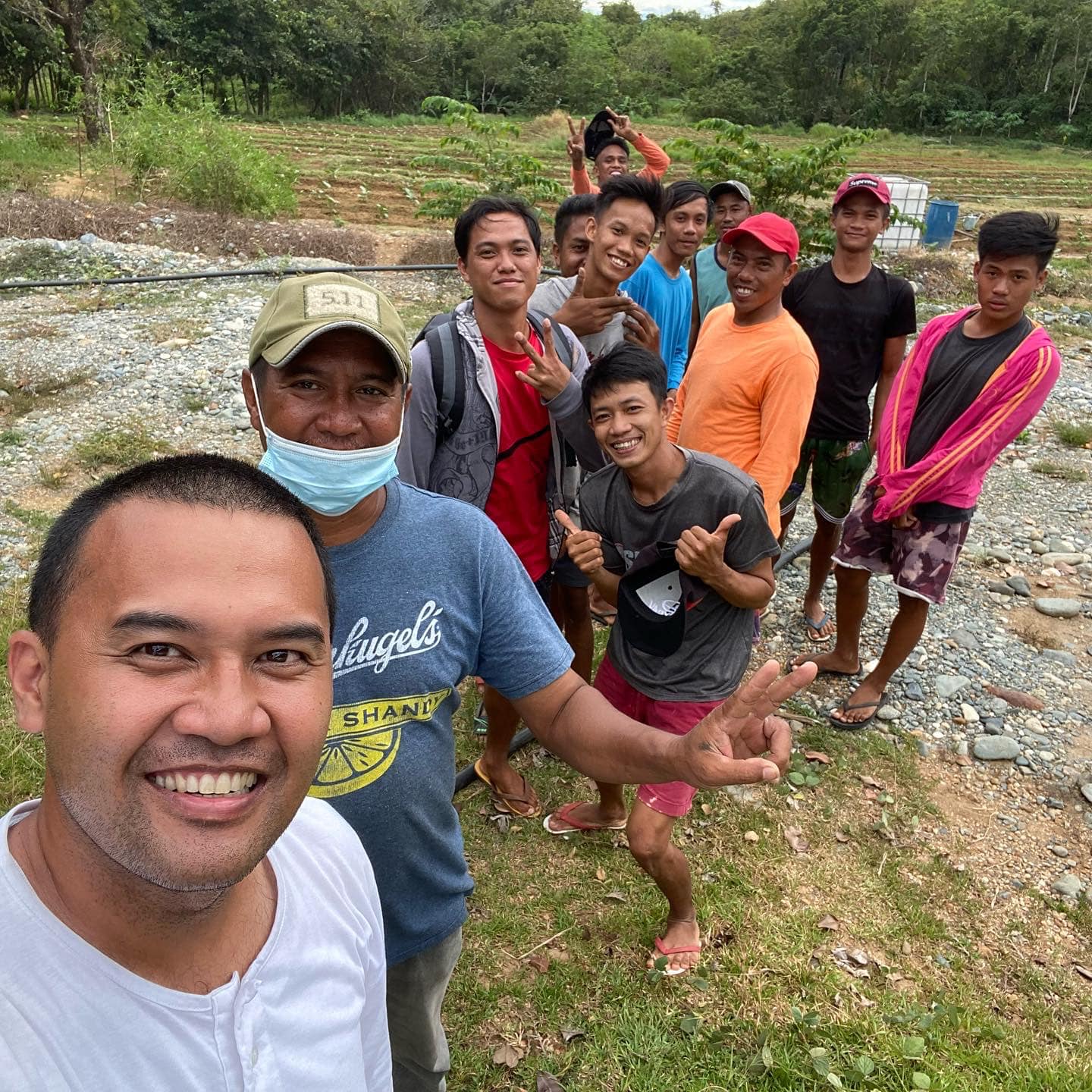Hope from Pampanga startup: Linking farmers and consumers for fresh produce
FarmYields
As households across the Philippines face the brunt of skyrocketing food prices—particularly in fruits and vegetables—an inspiring wave of innovation is sweeping through the agribusiness sector.
Recent data from the Philippine Statistics Authority reveals a troubling 9.4 percent inflation rate for fruits and nuts, while vegetables and staples have seen a 4.3 percent hike.
Amid these challenges, FarmYields, a Pampanga-based agribusiness startup, stands out as a beacon of hope.
FarmYields is not just about providing fresh, affordable produce; it’s a hub of creativity and collaboration that connects farmers directly with consumers and the food and hospitality industry. Their mission? To make food not only accessible but also enticing and sustainable.

Co-founder and head consultant Carlomagno Aguilar explains that their goal is to make food “available, fresh, and affordable."
“If food is accessible, you can achieve all three of these,” Aguilar shared,
This philosophy is at the heart of FarmYields’ operations, where they prioritize quality and transparency, ensuring that every product is sourced from local farmers who practice sustainable agriculture.

Planting the seeds of success
To meet the growing demand for convenient produce and effective gardening management, FarmYields has structured its agribusiness into three distinct departments: Fresherb, which empowers customers to grow their own food; FarmYields Consulting, which assists clients in building and managing local farms; and the FarmYields app, an e-platform that connects growers and farmers with buyers such as restaurant owners, chefs, and hotels.
This expansion is a testament to the company's humble beginnings. In an interview with Manila Bulletin, Aguilar shared that the business originated from a chef's request to grow herbs in 2015. As word spread, more clients approached him for guidance.
Three years later, the International School for Culinary Arts and Hotel Management (ISCAHM) Pampanga sought Aguilar’s expertise to replicate Fresherb’s garden on their campus.
“This is how consultations were born, and we used to call it organic growth,” he said. His consulting services have since contributed to the development of gardens at The Farm in San Benito, Batangas, and Isla in Coron, Palawan.

FarmYields also experienced significant growth during the pandemic as more people turned to gardening for both sustenance and therapeutic benefits.
Fruits of labor
In addition to helping clients develop their farms and promote home gardening, Aguilar emphasized their commitment to supporting local farmers and logistics partners.
“Farmers always say that they don’t have a market… They don’t have an avenue where they can sell their produce,” he explained. “We’re hoping that our apps can be their avenue.”
According to FarmYields’ data, around 111 trained farmers are currently collaborating with the company.
“We want to bring more attention to our e-platform because we cannot do everything by ourselves.”
The FarmYields app is a business-to-business platform for growers, chefs, and aspiring gardeners.
“This approach also promotes crop requests and logistics,” Aguilar added.
FarmYields typically utilizes on-demand delivery services for nearby areas while clients or buyers manage large-scale orders.
“In the future, we can build a network of logistics… This is a large factor [in business],” he said, expressing hopes for expanding distribution partnerships.
Weeding out minor hurdles
Even agricultural ventures encounter setbacks, with climate change being one of the challenges. Aguilar stated, “For the past years, we saw challenges beyond the prices, but also the quality and the weather.”
Despite the challenges posed by typhoon season, FarmYields has able to produce around 5,000 kilos of lettuce per month for one of the country’s largest malls.
“The direction is greenhouse farming,” he revealed, although he acknowledged that this approach doesn’t fully shield against severe weather events.
Aguilar also recommended sustainable practices such as drip irrigation, regenerative farming, and grafted seedlings to address weather-related challenges in food production.
Sowing seeds of change
As an established agribusiness in Pampanga, the FarmYields’ chief aims to inspire a new generation of young entrepreneurs to enter the agribusiness sector.

“Some people give up on agribusiness because they don’t know how [to market]. If they know how to do business, like financial, marketing, operations, and legal, there are tons of opportunities.”
He emphasized the importance of groundwork, advising aspiring entrepreneurs to collaborate with experts. “Work with someone who knows the soil, or work with an accountant who knows how to cost because outputs like vegetables tend to have different costings.”
Guidance is crucial for nurturing the next wave of agricultural entrepreneurs. Although he noted a decline in farm careers, Aguilar highlighted that most of his employees are aged 21 to 38.
“There are a lot of job opportunities [in agriculture] for the youth as long as there are proper systems in place.”
As a passionate agribusiness advocate, Aguilar also uses social media platforms like Facebook, Instagram, and YouTube to promote farming and inspire young people to embrace this vocation.
On Instagram, @CarloTheFarmer shares snapshots of farm life that resonate with his audience. His posts blend educational content with personal anecdotes, highlighting both the joys and challenges of farming.
Aguilar's YouTube channel, "Carlo The Farmer," serves as a resource for aspiring farmers, covering essential topics from sustainable practices to technology integration in agriculture.